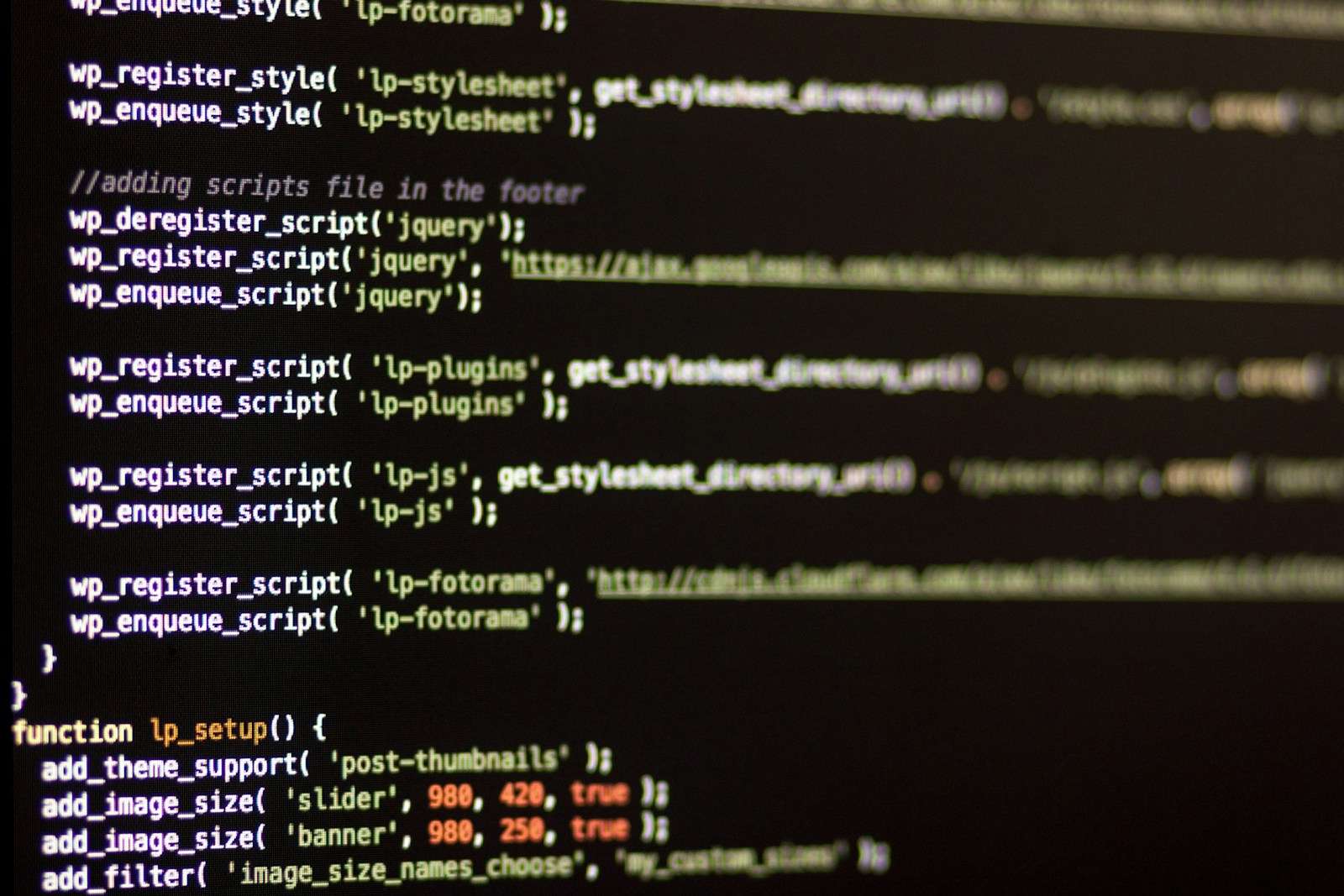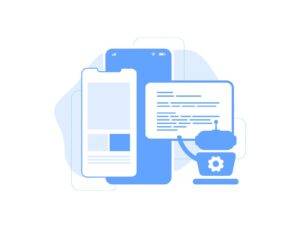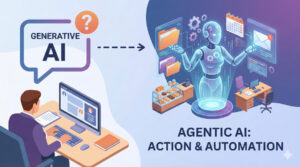WordPress still reigns supreme on the web, powering a staggering 43 percent of the internet. Its customization options and large developer community make it the preferred Content Management System (CMS) for everyone from individual bloggers to large corporations. This popularity attracts hackers and malicious actors. This article will discuss why WordPress is so popular, why this popularity attracts cyberattacks, and the importance of regular website maintenance to reduce these risks.
The King of Content Management Systems
Recent statistics paint a clear picture of WordPress’s market dominance. As of 2024, WordPress powers over 43% of all websites on the internet, which translates to a commanding 65% share of the CMS market. This widespread adoption is no accident. WordPress’s open-source nature means it is free to use and can be modified to suit any need. It is one of the oldest open-source CMSs, meaning there is extensive documentation and many tutorials available. Its vast repository of themes and plugins (both free and premium) offers great flexibility in design and functionality. WordPress offers the tools you need to create anything from a simple portfolio to a complex e-commerce store or an active news portal.
The platform’s user-friendly dashboard allows those with minimal technical skills to easily manage and update their content. This ease of use, combined with its powerful capabilities, has created a self-perpetuating cycle of growth. As more people use WordPress, it grows a community of developers who create themes, plugins, and support, attracting even more users.
With Great Popularity Comes Great Vulnerability
The very factors that make WordPress so popular also make it an attractive target for hackers. The platform’s global ubiquity means that any discovered vulnerability can be exploited on a massive scale. Hackers can automate attacks to scan millions of websites for vulnerabilities, increasing their chances of success if those sites are not secure.
The most common entry points for hackers are not inherent flaws in the WordPress core software itself, but rather vulnerabilities found in outdated themes and plugins. The WordPress ecosystem has thousands of plugins. While most are developed with security in mind, not all are equally well-maintained. An outdated plugin with a known vulnerability can allow attackers to access a website’s files and database.
Other common attack vectors include:
Weak Passwords and Brute Force Attacks: Hackers often use automated scripts to try thousands of common password combinations to gain access to a website’s administrative dashboard.
Outdated Core Software: While WordPress has an auto-update feature for minor releases, major updates often require manual intervention. Failing to update to the latest version of WordPress can leave a site exposed to known security holes.
Poorly Configured Hosting Environments: Insecure hosting configurations can create vulnerabilities at the server level, leaving a WordPress site susceptible to attack.
Lack of a Web Application Firewall (WAF): A WAF acts as a protective shield, filtering out malicious traffic before it can even reach a website.
The consequences of a successful hack can be devastating for a business. They can range from the defacement of the website and the injection of malicious content to the theft of sensitive customer data, which can lead to significant financial losses, reputational damage, and legal repercussions. Your site can be labeled insecure by most browsers, which damage your website and your business.
Website Maintenance: Your First Line of Defense
Due to the ongoing threat of cyberattacks, regular website maintenance is essential for all WordPress site owners. Regular maintenance is essential for protecting your website, preserving your reputation, and ensuring that your site remains healthy and performs well over time.
A comprehensive website maintenance plan should encompass several key areas:
- Regular Updates: This is arguably the most critical aspect of WordPress security. It is imperative to keep the WordPress core, all themes, and all plugins updated to their latest versions. Developers regularly release updates that include security patches for newly discovered vulnerabilities.
- Consistent Backups: Regular, automated backups of your website’s files and database are your safety net. In case of a hack or major failure, a recent backup lets you quickly restore your site with minimal data loss. Additionally, backups should be in many locations (on-site and off-site) in case one of the backups fails.
- Security Scanning: Implementing a reputable security plugin to regularly scan your website for malware and other vulnerabilities is crucial. These plugins can detect and often automatically remove malicious code.
- Strong Password Policies: Enforce the use of strong, unique passwords for all user accounts, especially for administrators. Implementing two-factor authentication adds an extra layer of security that is highly effective against brute force attacks.
- User Role Management: Regularly review user accounts and their assigned roles. Ensure that users only have the permissions necessary to perform their tasks. Remove any inactive or unnecessary user accounts.
- Database Optimization: A WordPress database can become cluttered with unnecessary data like post revisions, spam comments, and transient options over time. Regularly optimizing your database can improve your website’s performance and reduce the size of your backups.
- Performance Monitoring: Regularly check your website’s loading speed and overall performance. A sudden drop in performance can sometimes be an indicator of a security compromise.
Regularly performing these maintenance tasks can greatly minimize your website’s risk of attack, keeping it secure and reliable for your business.
Conclusion
In conclusion, the immense popularity of WordPress is a testament to its power and versatility. However, this same popularity makes it a magnet for hackers. Businesses with WordPress websites must prioritize regular maintenance to avoid significant risks. A proactive security strategy and a strong maintenance plan allow you to enjoy the benefits of the world’s most popular CMS while reducing risks.




